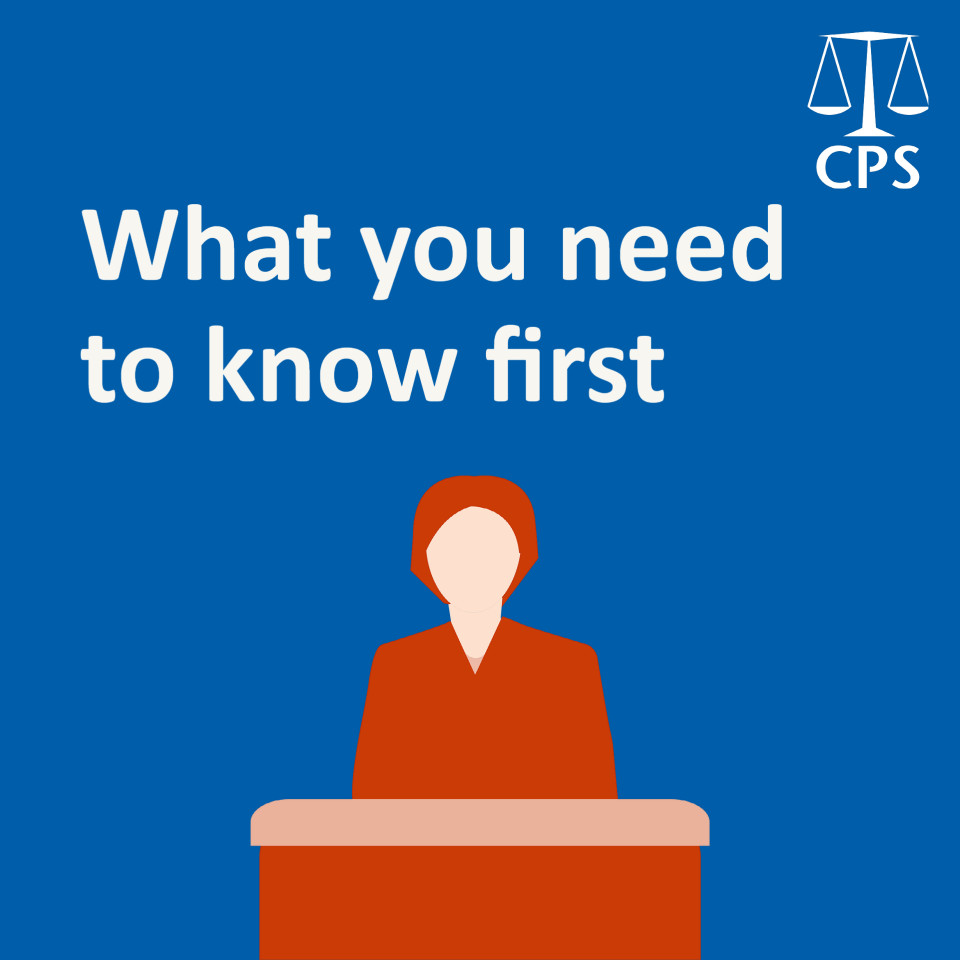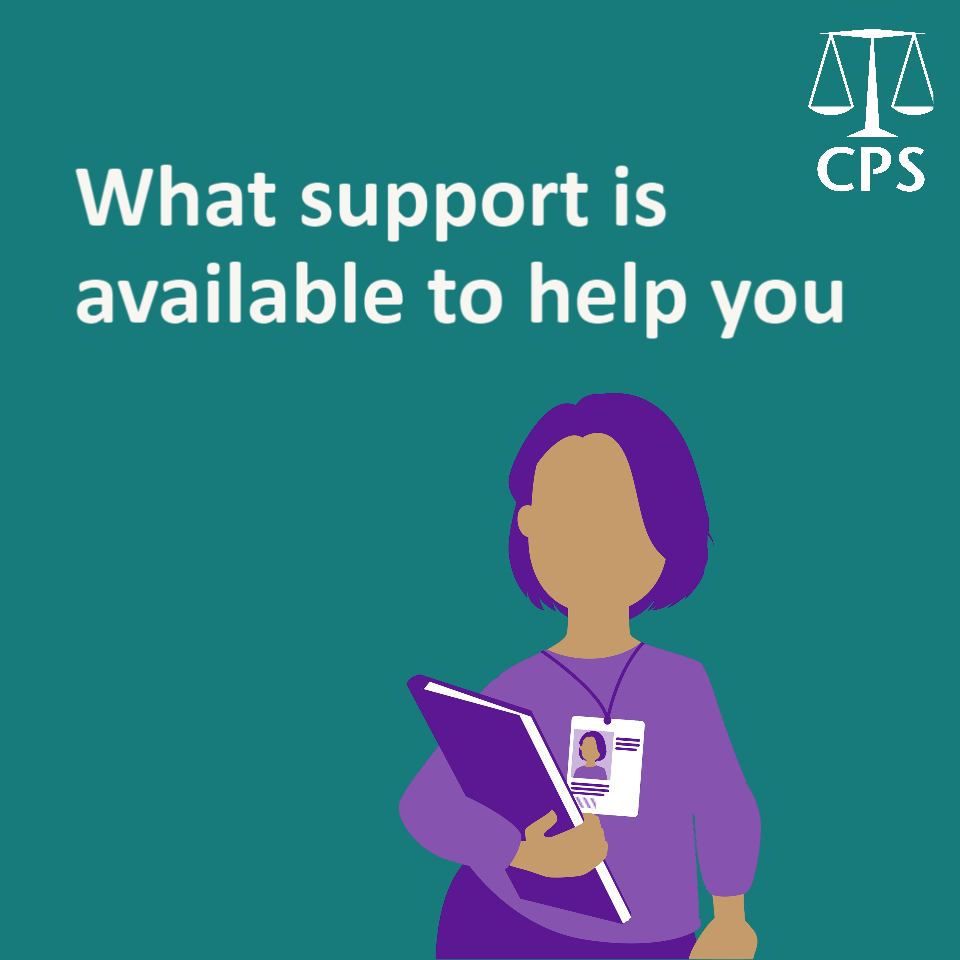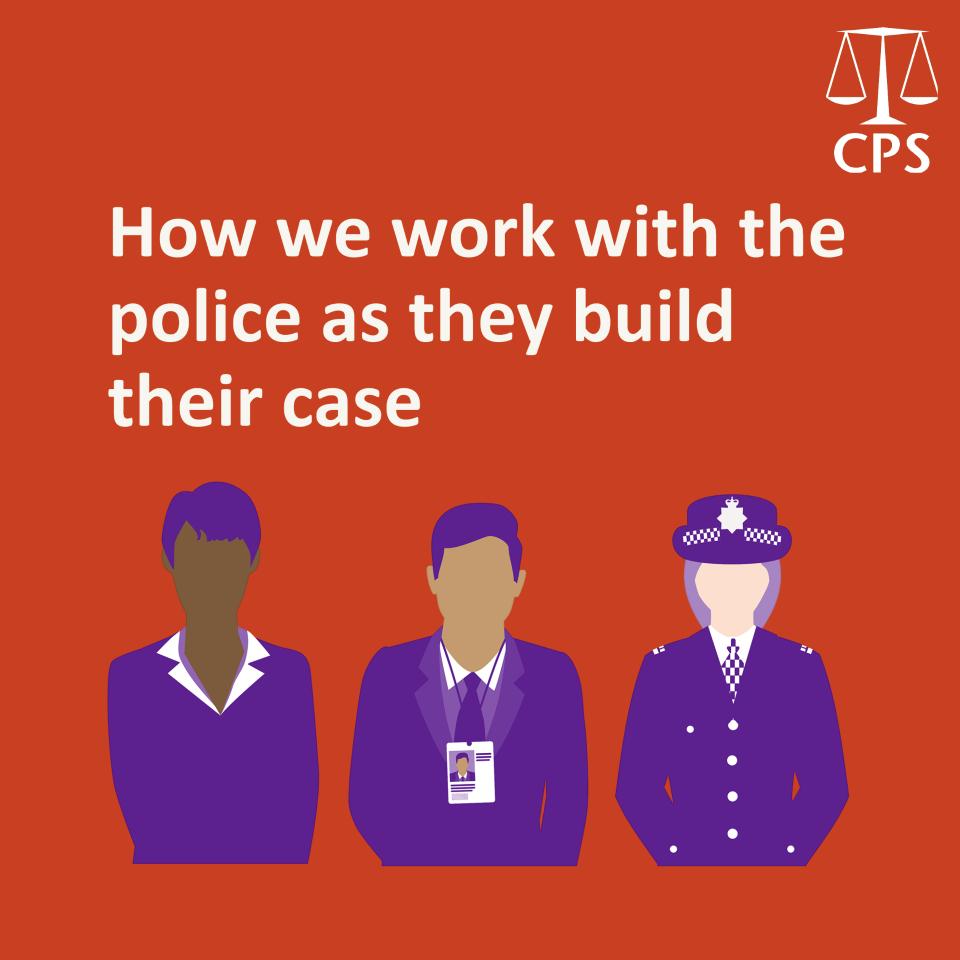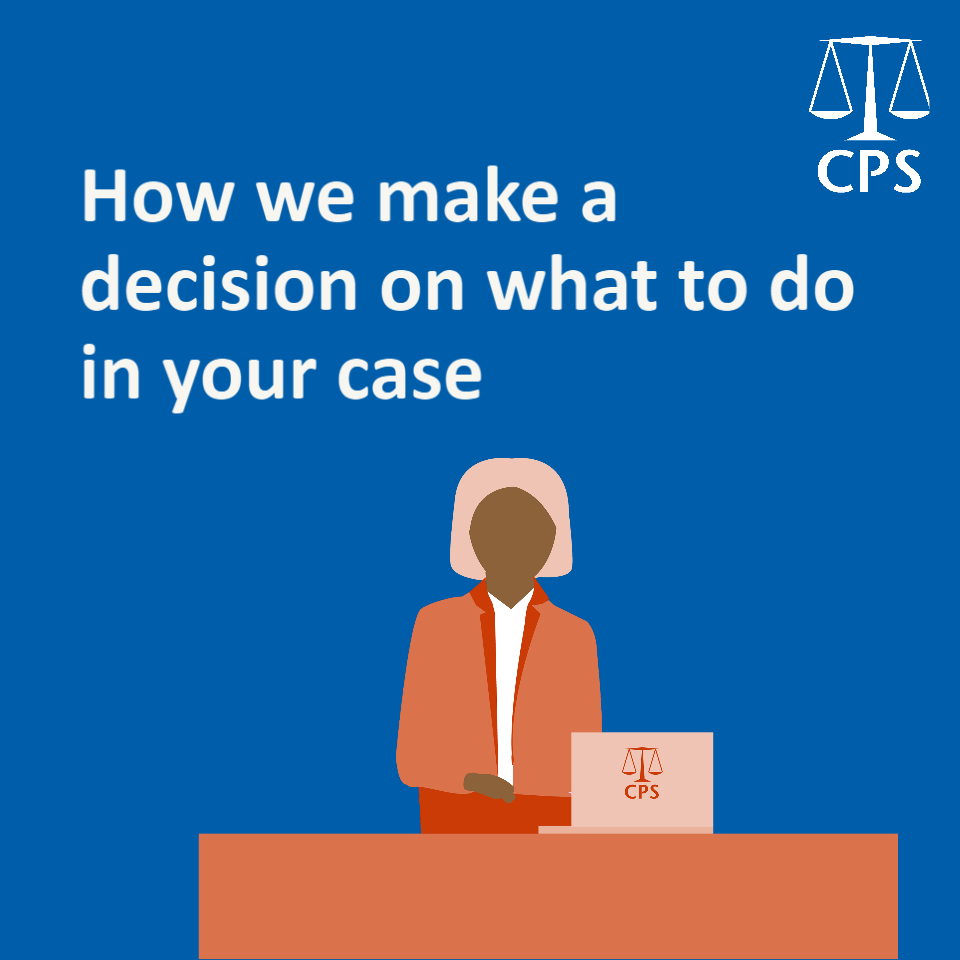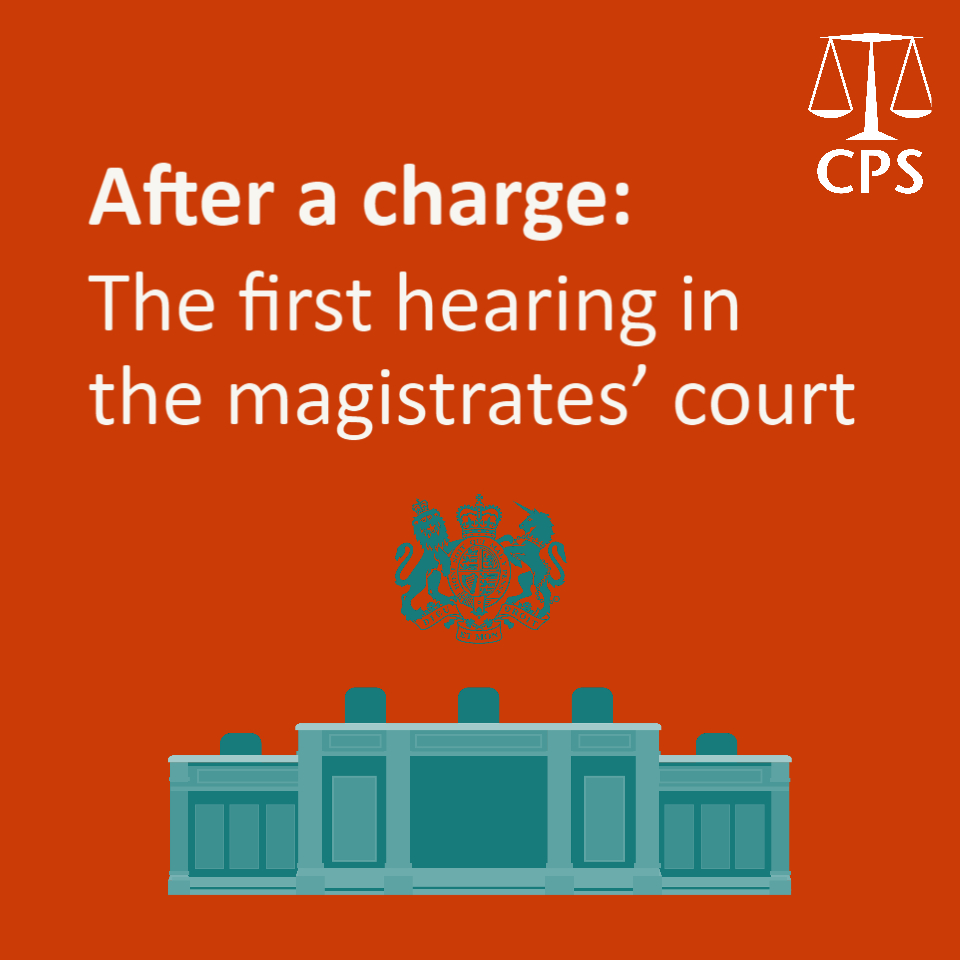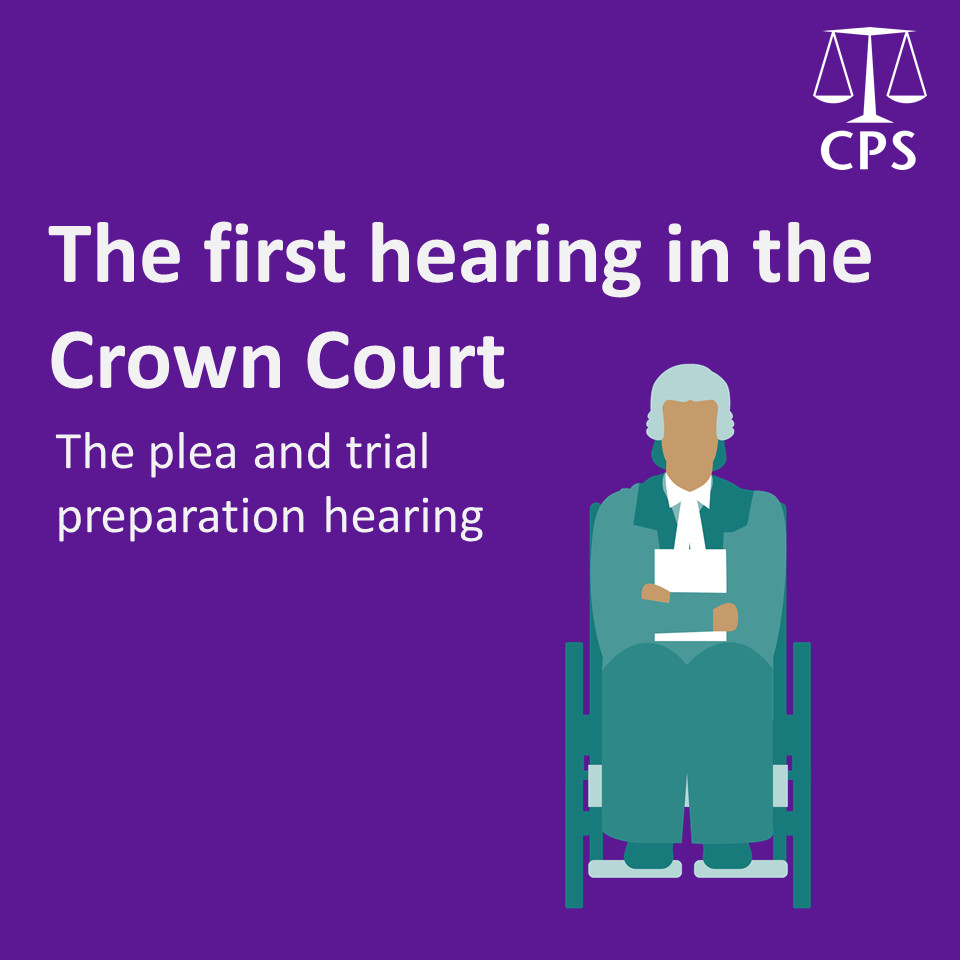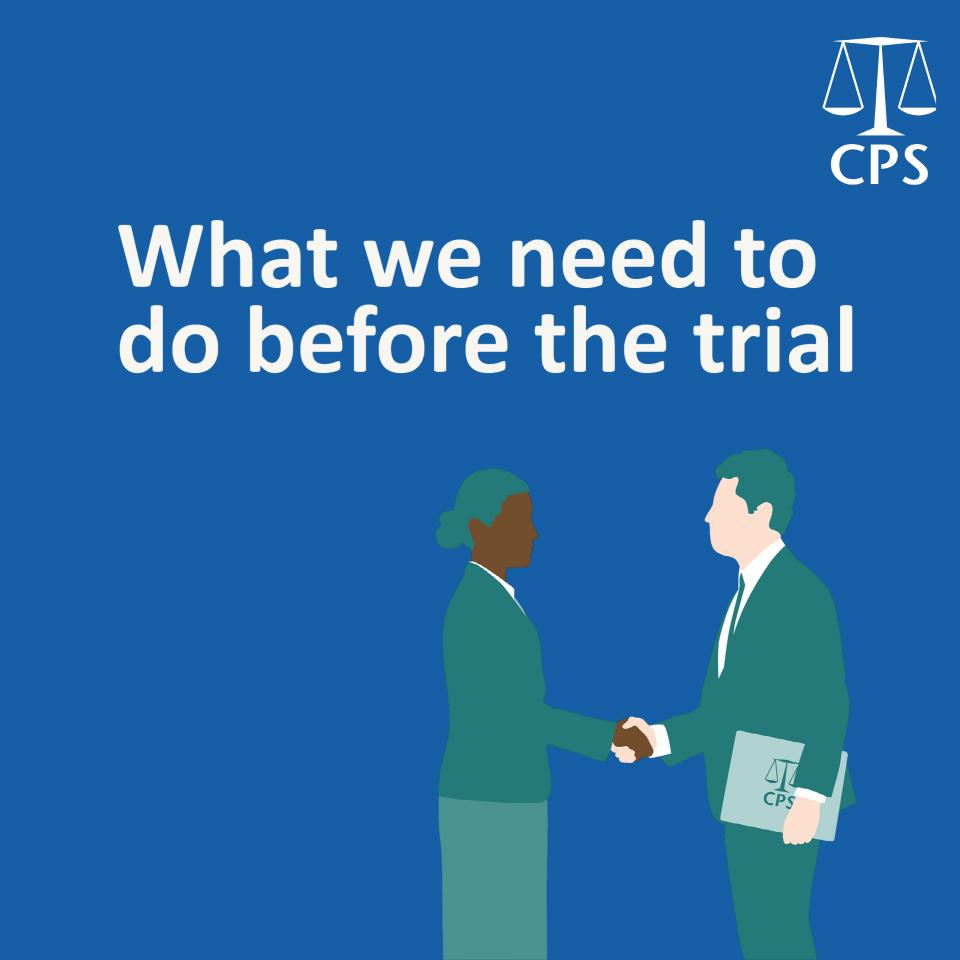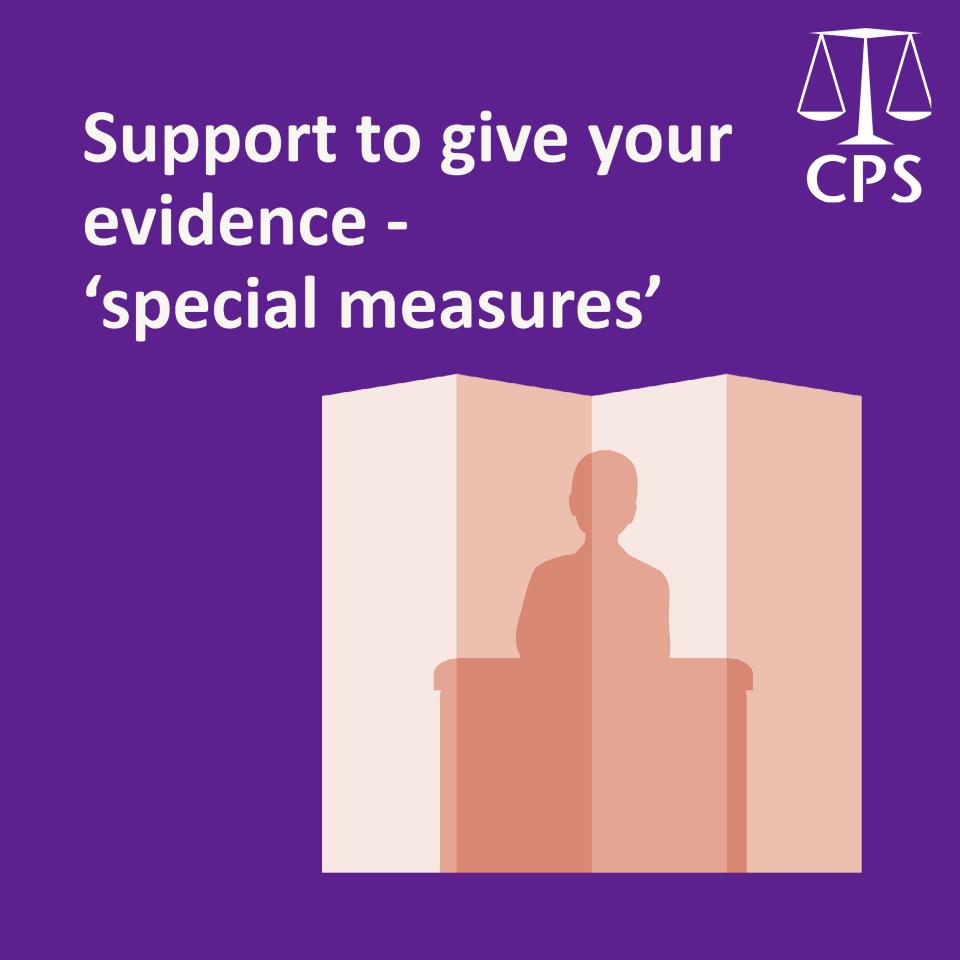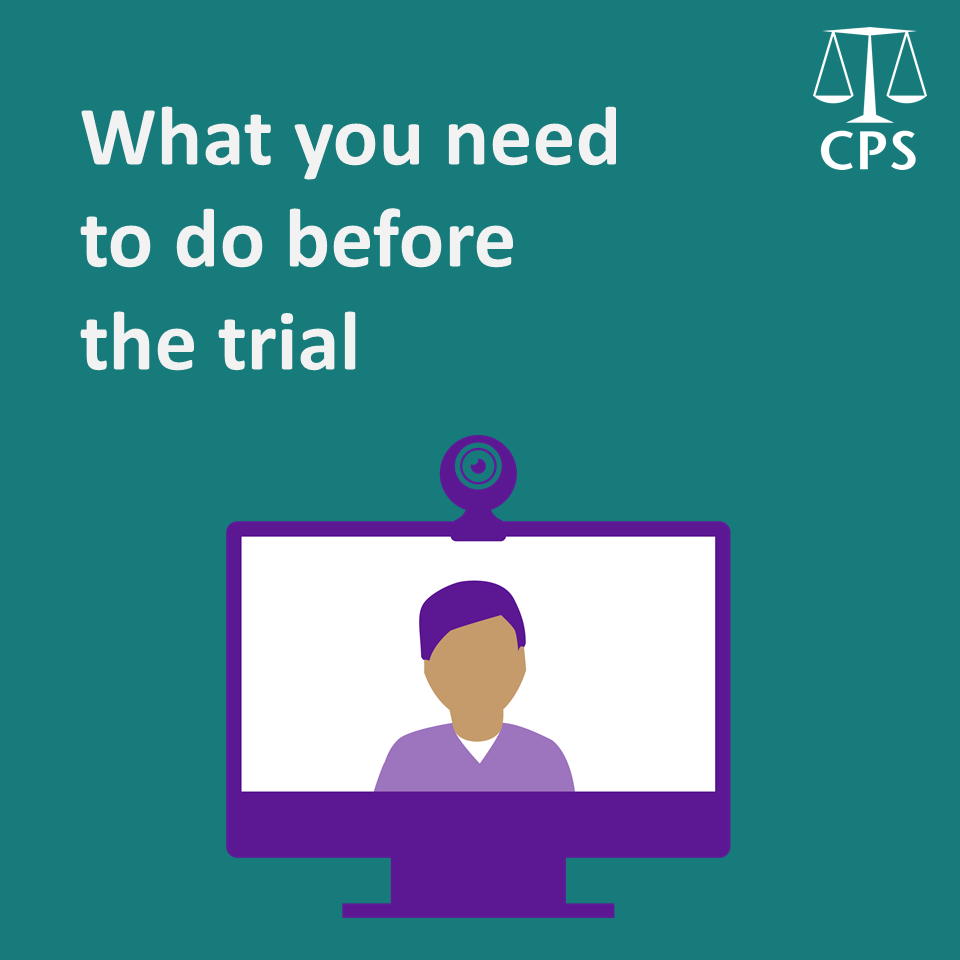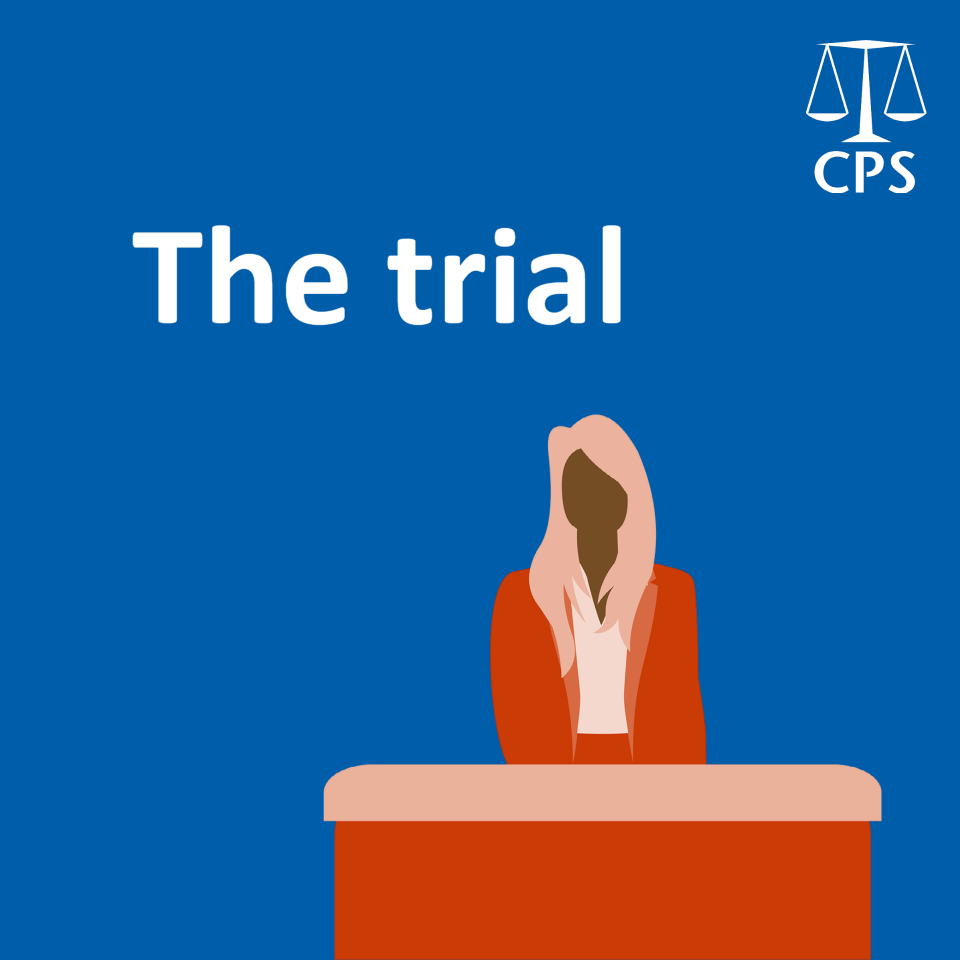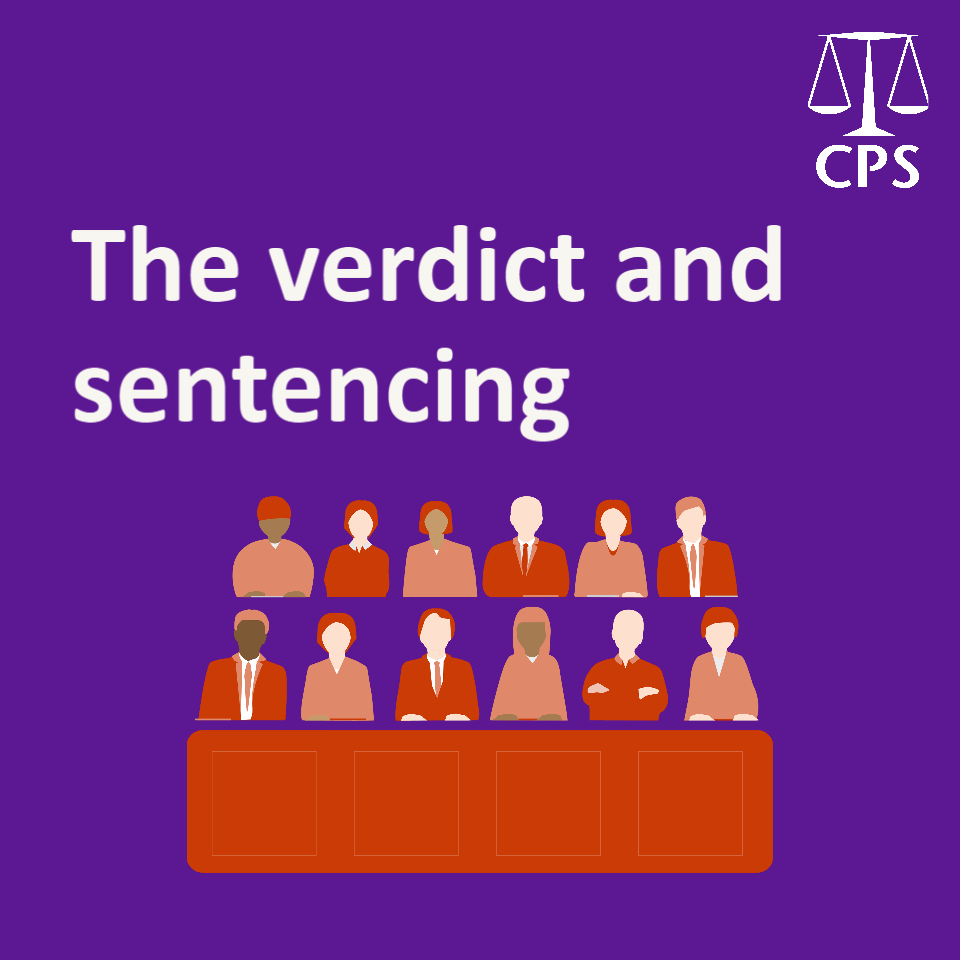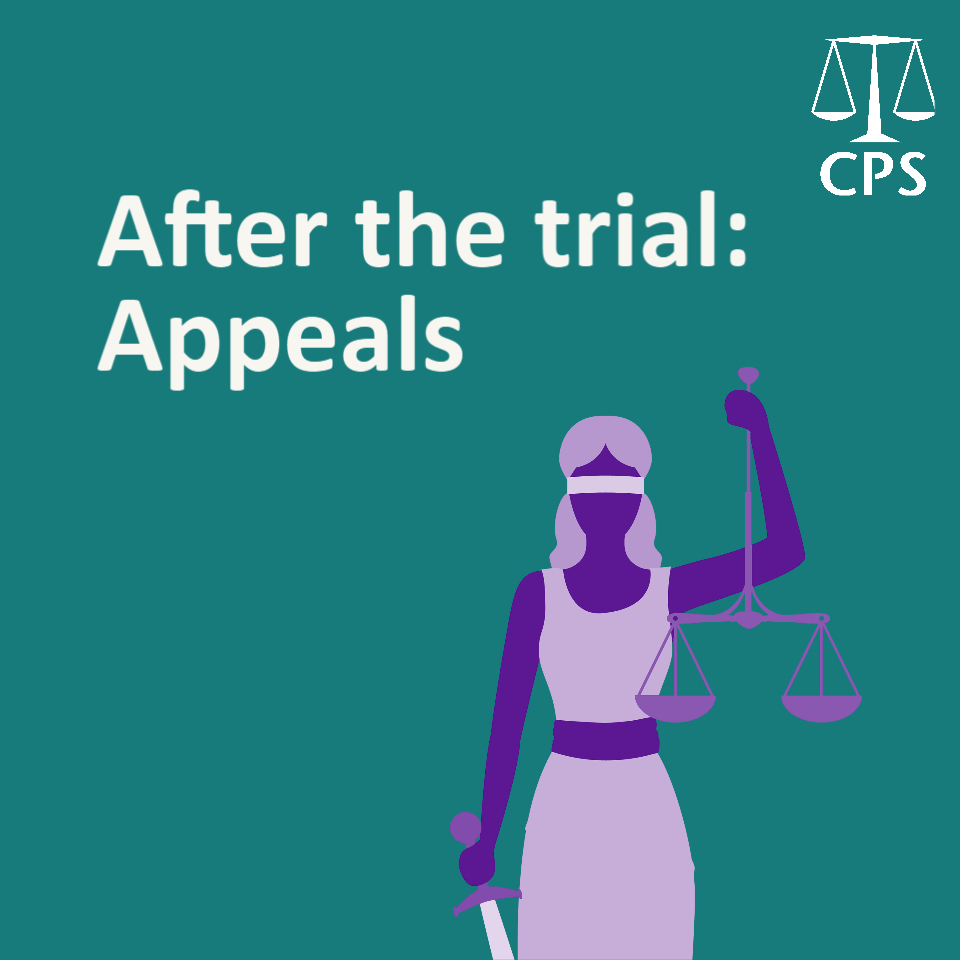A guide for victims of rape and serious sexual assault - What happens when a case comes to the CPS
Sexual violence is a crime, no matter who commits it or where it happens
We’re committed to securing justice for victims of sexual violence and this guide explains what you can expect from the criminal justice system if you decide to report what has happened to the police. This information applies to all victims of sexual violence - including women and girls and men and boys.
If you need emergency help please call 999.
Note on terminology
We’ve used the word 'victim' throughout this guide. When we’re talking about crime in general, we use the word victim to mean someone who has had a crime committed against them or the complainant in a case being considered or prosecuted by the CPS - this is consistent with the terminology used in other documents like the Victims’ Code.
When we’re working on a specific case we will usually use the words complainant or witness depending on the context. This is because when a case is coming through the criminal justice process it hasn’t always been proven that a crime has taken place. Complainant is the legal term for someone who has reported a crime which hasn’t yet been proven in court.
Special measures - helping you to give your evidence
We know that giving evidence in court can feel daunting, so we've made some videos to explain what special measures are. These are things we can do to help you to feel more comfortable by changing how, when and where you give your evidence. These videos are available in both our guides below.
Special measures in our guide for victims of crime
Special measures in our guide for victims of rape and serious sexual assault
